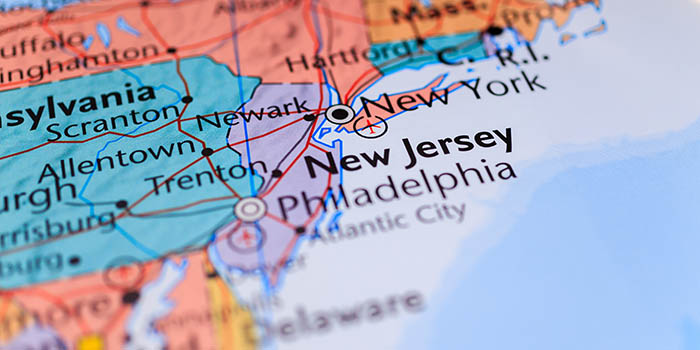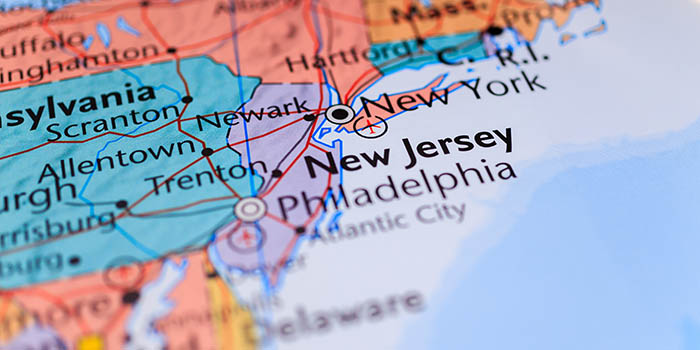However, the approved legislation has left both industry insiders and Atlantic City casinos puzzled due to unexpected changes made earlier in the week.
New Jersey’s Internet Gambling Extension Cut Short, Causing Concern Among Stakeholders
The original plan was to grant a ten-year extension to Internet gambling, which has been in operation for a decade now. But, surprisingly, an Assembly panel secretly shortened the extension to just two years, causing confusion and concern among stakeholders. Shortly after, the extension was amended again to a five-year term without any official explanation.
The state Assembly and Senate approved the bill with little resistance, and now it awaits the decision of Gov. Phil Murphy, a Democrat, who has the final say on its implementation.
The Atlantic City casino industry, through its trade association, has voiced strong support for a full ten-year extension, citing its critical importance for the casinos’ sustained success. Daniel Heneghan, a gambling industry consultant, expressed his reservations about the shortened extension, saying it could send the wrong message to potential companies interested in entering the online gaming market, reported the Associated Press.
Since the introduction of Internet gambling in November 2013, the casinos in Atlantic City, along with their online partners, have generated an impressive $6.29 billion in revenue from online gamblers. This growth has been widely attributed to the survival of Atlantic City casinos during the challenging months of the pandemic, where online gambling proved to be a lifeline for the struggling industry.
New Jersey Legislature’s Move Spurs Debate on Gambling Tax Rates and Market Uncertainty
Despite the state’s thriving online gambling market, there are concerns that the Legislature’s decision to cut the extension may have already had adverse effects. Experts fear that uncertainty surrounding the industry’s future could deter potential investors, hindering further growth in the nation-leading internet gambling market.
There is also speculation that the Legislature’s move might be a strategic attempt to gain leverage over Atlantic City in terms of increasing future gambling tax rates. Presently, the state taxes in-person winnings at casinos at a rate of 8%, while online sports betting and internet gambling are taxed at 13% and 15%, respectively.
The fate of internet gambling in New Jersey now lies in the hands of Gov. Murphy. If he signs the bill, online gambling will be authorized to continue for another five years. However, should he reject or veto the bill, online gambling will be limited to Atlantic City casinos only.
During the month of May, New Jersey lawmakers also put forward additional legislation to tackle the increasing issue of gambling addiction among college students. The proposed bill mandates educational institutions to promin ufa888 ently display a hotline number for gambling addiction. In May, another bill was introduced in New Jersey, signaling a change in the state’s approach to dealing with underage gambling. The legislation aims to offer assistance and support to young individuals facing gambling addiction, rather than focusing on punitive measures.


